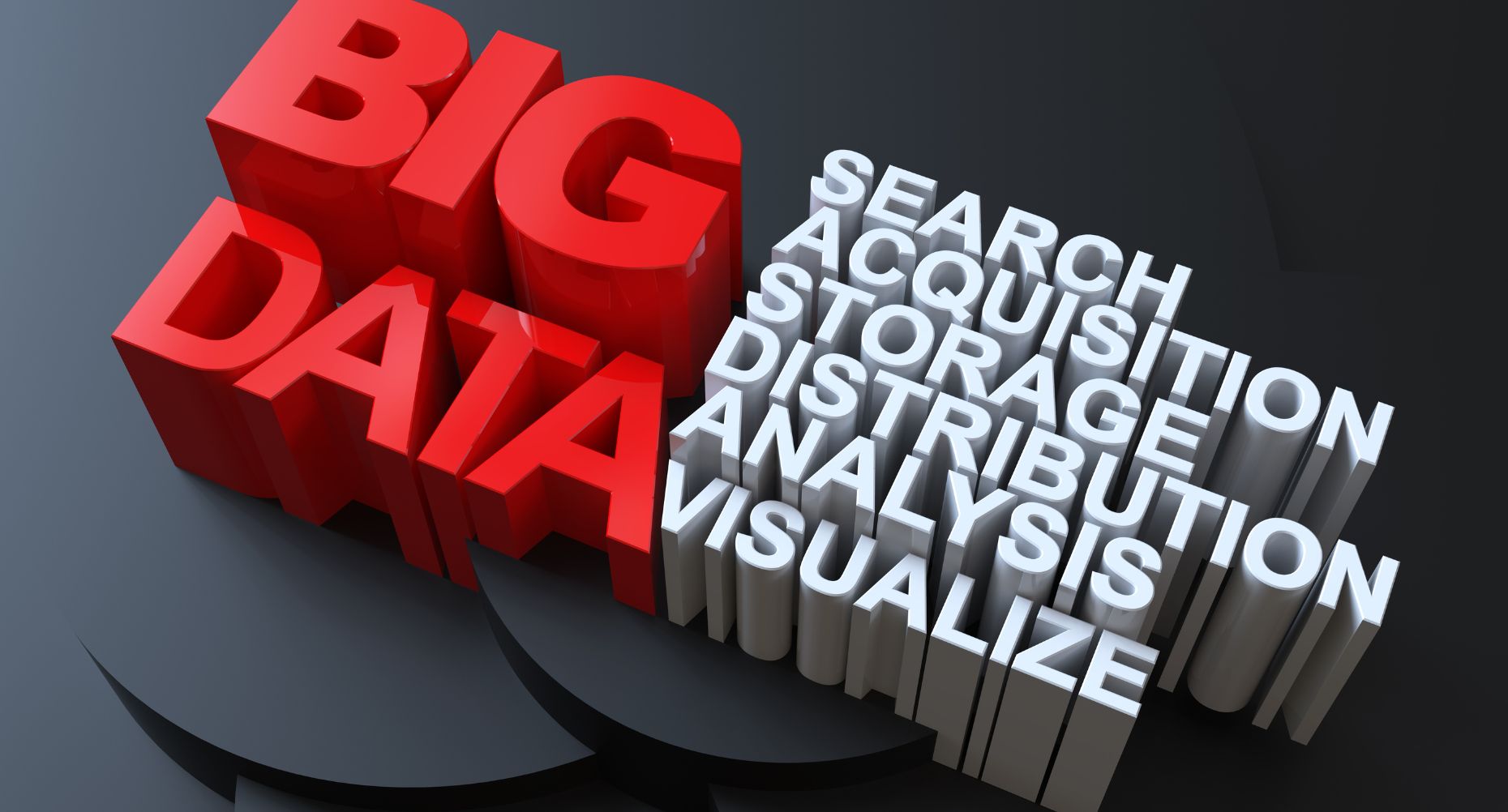Although it has somehow a frightening name, big data is actually a beacon of insight and opportunity. It all comes to how ethically it is used.
With good intentions, it could be a high-powered microscope, revealing intricate details about customer behaviors, market trends, and operational nuances that might otherwise go unnoticed.
In this blog post, we aim to shed light on the big data pivotal role in driving informed business decisions and its potential to propel companies, regardless of their size, towards growth and profitability.
Big Data Demystified
Big data refers to the colossal volumes of structured and unstructured data amassed from diverse sources such as social media, online transactions, and customer interactions.
The sheer size and complexity of this data make it a tough nut to crack with traditional data analysis methods.
However, big data tools and techniques are designed to handle this complexity, allowing businesses to process and analyze this data effectively and in real time.
The Power of Big Data in Business
Embracing big data unlocks a treasure trove of benefits:
-
Enhanced Decision-Making: Big data acts like a compass, guiding businesses towards more informed and strategic decisions by providing deep insights into various facets like customer preferences and market dynamics.
-
Operational Efficiency: It’s like having a bird’s-eye view of your business operations, helping identify inefficiencies and streamline processes.
-
Elevated Customer Experiences: By understanding customer behaviors and preferences through big data, businesses can tailor their offerings, leading to more personalized and satisfying customer experiences.
-
Competitive Edge: In today’s fast-paced market, leveraging big data can be a game-changer, offering insights that help businesses stay ahead of trends and uncover new opportunities.
Big Data in Action
Here’s how big data is transforming business decision-making:
- Predictive Analytics: It’s like gazing into a crystal ball. Predictive analytics harnesses big data to foresee trends and outcomes, enabling proactive business strategies.
- Customer Analytics: Big data offers a granular view of customer behavior and preferences, allowing for more targeted and effective marketing and product development.
- Operational Analytics: This involves dissecting operational data to uncover inefficiencies and areas for improvement, leading to enhanced productivity and cost savings.
- Market Research: Big data paves the way for more comprehensive market research, offering insights into market trends, customer needs, and competitor strategies.
Navigating the Challenges of Big Data
While the benefits of big data are vast, the path is not without its hurdles:
-
Data Privacy: As data collection scales up, so do concerns over privacy. Balancing data utility with ethical considerations and regulatory compliance is crucial.
-
Data Quality: The old adage of “garbage in, garbage out” holds true. Ensuring the accuracy and completeness of data is paramount to deriving reliable insights.
-
Technical Expertise: The complexity of big data often necessitates specialized skills and knowledge, which can be a challenge, particularly for smaller businesses.
Concluding Thoughts
Big data, in the realm of modern business strategy, is not just a tool; it’s a catalyst for transformation.
By harnessing its power, businesses can unlock a deeper understanding of their market, operations, and customers, leading to more informed decision-making, operational efficiencies, and a competitive edge in the marketplace.
However, the journey of integrating big data into business strategy demands attention to data privacy, quality, and the need for technical expertise. Navigating these challenges is crucial for businesses to truly harness the potential of big data.
In summary, as we embrace the era of big data, it presents an exciting frontier for businesses. The insights gleaned from big data can drive innovation, efficiency, and growth, marking a new epoch of data-driven decision-making and strategic planning.




